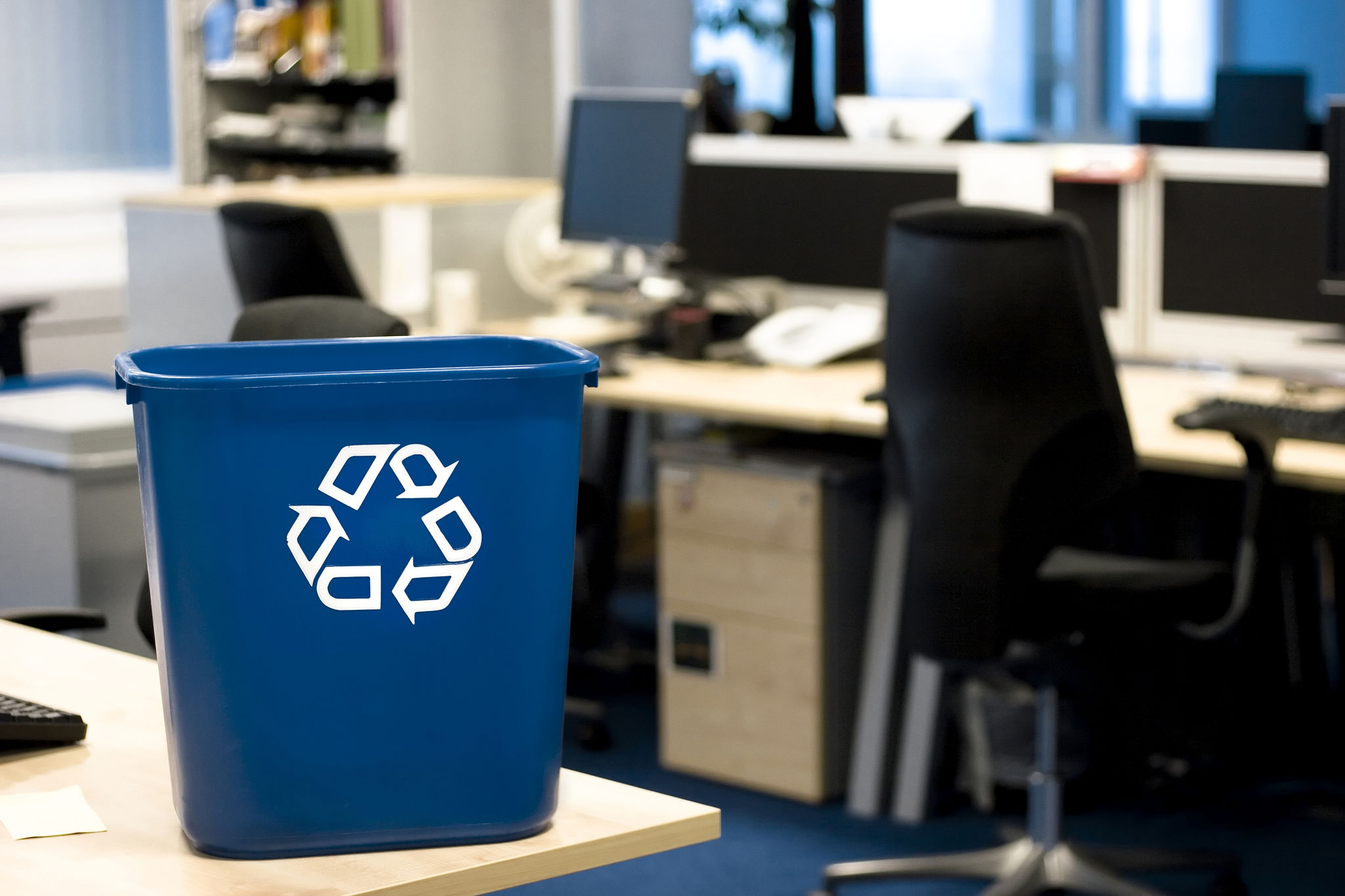Cleaning Tips for Eco-Friendly Offices: Sustainable Practices You Can Implement Today
MP
Why Choose Eco-Friendly Cleaning?
In today's world, adopting eco-friendly practices is not just a trend; it's a necessity. Offices that prioritize sustainability can make a significant impact on the environment. By choosing eco-friendly cleaning methods, you reduce harmful chemical usage and promote a healthier workspace for your employees. Additionally, it reflects positively on your company's values and commitment to environmental responsibility.
Implementing sustainable cleaning practices in your office doesn't need to be complicated or expensive. With the right approach, you can maintain a clean office while minimizing your ecological footprint.

Use Green Cleaning Products
One of the simplest ways to make your office cleaning routine more sustainable is by switching to green cleaning products. These products are made from natural ingredients and are free from harsh chemicals that can harm the environment and human health. Look for labels that indicate biodegradable, non-toxic, and environmentally friendly certifications.
Green cleaning products not only help protect the planet, but they also create a safer environment for employees, reducing exposure to allergens and irritants often found in conventional cleaners.
DIY Cleaning Solutions
Consider making your own cleaning solutions using everyday household items like vinegar, baking soda, and lemon juice. These ingredients are not only effective but also non-toxic and inexpensive. For example, a mixture of vinegar and water can be used to clean windows and glass surfaces, while baking soda can act as a natural deodorizer.

Reduce and Recycle Waste
Another crucial aspect of maintaining an eco-friendly office is managing waste effectively. Encourage employees to reduce waste by providing clearly labeled recycling bins throughout the office. Educate staff on what materials can be recycled and encourage them to participate actively in recycling initiatives.
Additionally, consider implementing a composting program for organic waste. This not only reduces landfill waste but also contributes to soil health if the compost is used for office plants or shared with local community gardens.
Minimize Paper Usage
Offices are notorious for generating significant amounts of paper waste. Encourage digital communication and documentation to minimize paper usage. If printing is necessary, use both sides of the paper and choose recycled paper products whenever possible. Going digital not only saves trees but also reduces the energy and water consumption associated with paper production.

Optimize Energy Efficiency
Energy efficiency is another key component of an eco-friendly office. Simple actions such as turning off lights when rooms are not in use and unplugging electronics at the end of the day can significantly reduce energy consumption. Consider investing in energy-efficient appliances and LED lighting to further decrease your office's energy footprint.
Encourage employees to be mindful of their energy usage by setting up reminders or automatic systems that help monitor and reduce electricity consumption throughout the office.
Indoor Plants for Air Quality
Introducing indoor plants is a beautiful way to enhance office aesthetics while improving air quality. Plants naturally filter toxins from the air, increasing oxygen levels and promoting a healthier workspace. Choose low-maintenance varieties such as snake plants, spider plants, or peace lilies that thrive in indoor environments.

By implementing these eco-friendly practices, your office can become a model for sustainability, benefiting both the environment and your workforce. Start small, involve your team, and gradually expand your initiatives to create a truly green workspace that leaves a positive impact on the planet.
